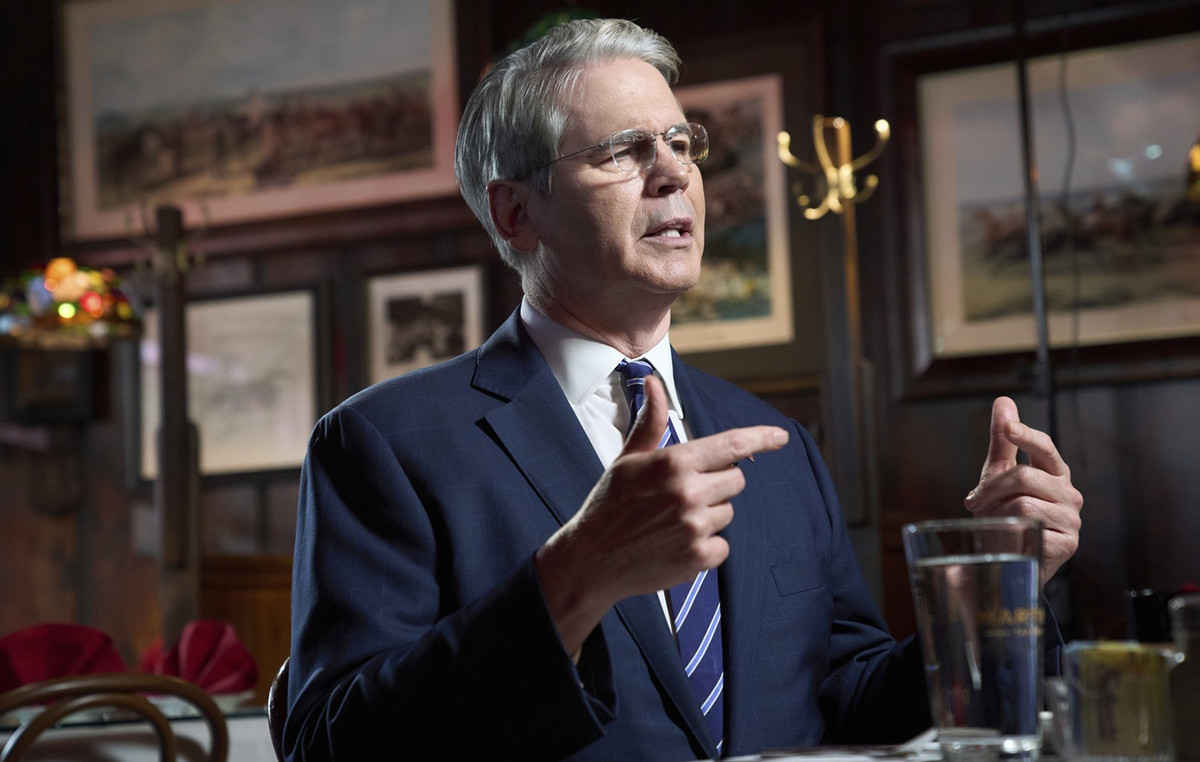President Luiz Inácio Lula da Silva’s speech at the United Nations General Assembly on Tuesday (24) highlighted the importance of reforming the organization’s Security Council, but avoided mentioning the confrontation between the United States and China, the world’s two largest economies.
According to ESPM International Relations professor Leonardo Trevisan, President Lula was one of the first to bring the UN Security Council reform agenda to the current context.
The expert highlights that this is the central point of the speech, along with climate issues and the regulation of large technology companies.
Changes in the international scenario
Trevisan notes that Lula finds a different UN compared to two years ago, when he gave his last speech at the organization. The professor points out that the president himself has also changed his approach: “When we look at the context, Brazil is back, there was a climate of enthusiasm surrounding the figure, Lula tried to capture this climate, but he realized exactly what his limits were.”
The expert draws attention to the absence of direct mentions of the confrontation between the United States and China in Lula’s speech.
According to Trevisan, this demonstrates caution on the part of Itamaraty in conducting Brazilian foreign policy: “We can’t change that. We don’t have the clout to change that.”
Balanced positioning
Lula’s speech also addressed international conflicts, such as the war in Ukraine and the situation in Gaza. For the first time, the Brazilian president referred to the October 7 attack as a “terrorist attack,” while criticizing what he called the “right to revenge.”
Trevisan highlights that the speech sought a balance, following the style of Itamaraty: “It was a nail on the head, a horseshoe, in our language here, in true Itamaraty style, a fundamental commitment that Itamaraty returns to its origins, which is criticism of the invasion of other people’s land, respect for borders.”
The professor concludes that Lula’s speech demonstrates a change in stance, with Brazil seeking “a place at the table” in international discussions, without necessarily aiming for leadership in the Global South: “The Brazilian leadership request is to sit at the table and not lead.”
This content was originally published in Lula talks about UN reform, but without mentioning confrontation between the US and China, professor tells CNN on the CNN Brasil website.
Source: CNN Brasil
Bruce Belcher is a seasoned author with over 5 years of experience in world news. He writes for online news websites and provides in-depth analysis on the world stock market. Bruce is known for his insightful perspectives and commitment to keeping the public informed.







